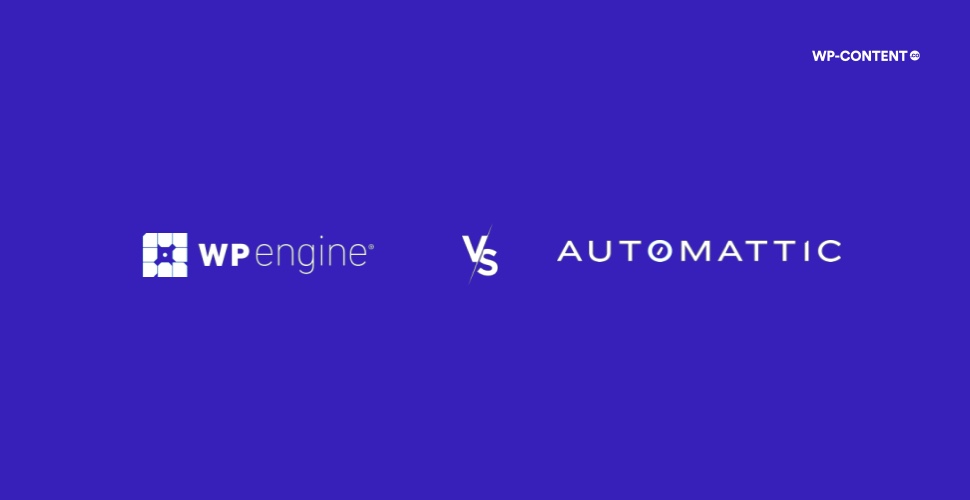In a significant legal victory for WP Engine, Judge Martínez-Olguín has granted a preliminary injunction against Automattic and Matt Mullenweg. The court order mandates that Automattic and Matt Mullenweg take immediate action within 72 hours, during which they are required to:
- Remove WP Engine customer data from WPEngineTracker.
- Restore full access for WP Engine employees and affiliates to WordPress.org.
- Return control of the Advanced Custom Fields (ACF) plugin to WP Engine.
- Remove the mandatory checkbox at login.wordpress.org.
Judge Martínez-Olguín passed this verdict after WP Engine and Automattic submitted dueling proposals, after failing to come to mutual terms. The dispute between Matt Mullenweg, Automattic, and WP Engine traces back to September 2024 during WordCamp US, where Matt Mullenweg’s keynote set off the chain of events.
Details of the Court�??s Ruling
Judge Martínez-Olguín issued a series of orders to prevent interference with WP Engine’s operations. These include:
- Access to WordPress.org: WP Engine’s (including its employees, users, and Related Entities) access to WordPress.org should not be interfered with.
- Control over plugins or extensions: The same applies to WP Engine’s plugins and products as defendants are to hinder it in any way.
- Protection of WordPress Installations: The court has also prohibited the defendants from tampering with WP Engine’s WordPress installations such as making changes to WP Engine’s plugins without the users’ permission.
The order also clearly states what the defendants must carry out in a 72-hour time frame to return the status quo as what was on September 20, 2024.
- Remove the list of websites hosted on the “domains.csv” on the WPEngineTracker website and what is stored on the GitHub repository.
- Restore the WP Engine, its employees, and Related entities’ access to WordPress.org.
- Remove the checkbox at login.wordpress.org.
- To return the ACF plugin to WP Engine.
Irreparable Harm and Public Interest Consideration
Judge Martínez-Olguín acknowledged WP Engine’s claims of irreparable harm, including the loss of customers, damage to relationships, and a decline in market share. The court agreed that WP Engine would continue to suffer significant harm without an injunction. After reviewing both sides, the court stated that “ the Court finds that WPEngine has shown it will suffer irreparable harm without preliminary injunctive relief.”
The impact of these legal proceedings on public interest was also taken into consideration. The court emphasized WordPress powers over 40% of websites, and disruptions due to a corporate dispute could harm businesses and users who depend on the platform, “Mullenweg himself acknowledges that “[t]oday, more than 40% of all websites run on WordPress….Maintaining that continuity and preventing arbitrary disruption stemming from a corporate dispute is in the public interest.”
The Verdict on the Bond
With regard to the $1.6 million bond requested from WP Engine, the court noted that “ Defendants were operating wordpress.org for free for many years, and are still operating it for free for everyone other than [WPEngine],” The court ultimately agrees with WPEngine, stating that no significant harm to the defendants would result from the injunction and that requiring a bond is unnecessary.
The injunction is in effect and the parties are to adhere to it until a judgment is made after the trial of this case.
Automattic and WP Engine�??s Public Response
WP Engine posted on X that they are happy with the outcome of the legal dispute.
Automattic, on the other hand, considers this ruling temporary and intends to preserve the current situation until further proceedings occu



